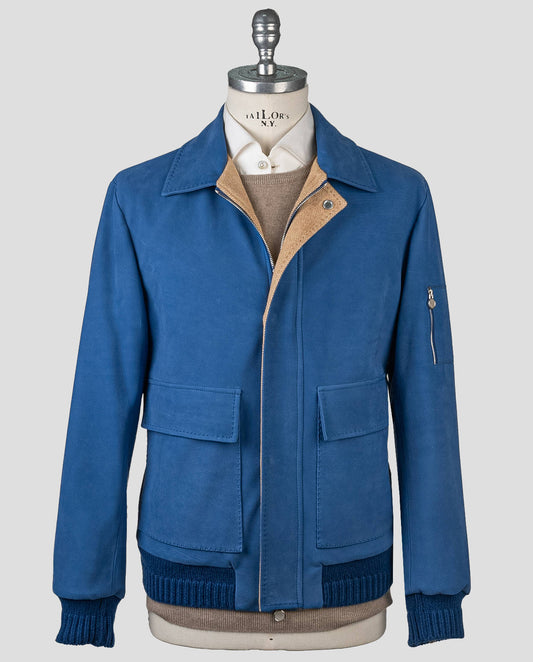The Art of Tailoring: Crafting the Perfect Suit
Sat May 20 2023

The Art of Tailoring: Crafting the Perfect Suit
In the realm of classic menswear, few garments command as much respect and admiration as a perfectly tailored suit. The art of tailoring is a centuries-old craft that combines precision, creativity, and a deep understanding of the human form. In this article, we’ll explore the intricate process of creating a bespoke suit and why investing in tailored clothing can transform your wardrobe.
The Bespoke Process
Initial Consultation
The journey to a perfect suit begins with a consultation. During this meeting, the tailor discusses the client’s needs, preferences, and lifestyle. This is where the foundation of the suit is laid, considering factors such as:
- Occasion for the suit
- Preferred style (e.g., British, Italian, or American)
- Fabric selection
- Budget
Measurements and Pattern Making
Following the consultation, precise measurements are taken. A skilled tailor will take up to 30 different measurements to ensure a perfect fit. These measurements are then used to create a unique paper pattern, which serves as the blueprint for the suit.
Fabric Selection
Choosing the right fabric is crucial. Factors to consider include:
- Season
- Durability
- Drape
- Color and pattern
For an in-depth look at suit fabrics, check out our guide to suit fabrics.

Cutting and Basting
Once the fabric is selected, it’s carefully cut according to the pattern. The pieces are then basted together (sewn with temporary, loose stitches) for the first fitting.
Fittings
Multiple fittings are typically required to achieve the perfect fit. During each fitting, the tailor makes adjustments to ensure the suit drapes correctly and fits comfortably.
Final Construction
After the fittings, the suit is disassembled and reconstructed using permanent stitching. This includes adding internal structure like canvas and shoulder pads.
Finishing Touches
The final stage involves adding buttons, buttonholes, and any other requested details. The suit is then pressed to perfection.
The Importance of Fit
A well-fitted suit can transform your appearance and boost your confidence. Key areas of fit include:
- Shoulders: The seam should sit right at the edge of your shoulder
- Chest: The jacket should lay flat against your chest without pulling
- Waist: There should be a slight suppression at the waist for a flattering silhouette
- Length: The jacket should cover your seat and the sleeves should show about 1/4 inch of shirt cuff
- Trousers: Should sit comfortably at the waist without sagging or pulling
For more on achieving the perfect fit, see our article on mastering suit fit.

Caring for Your Bespoke Suit
To ensure your investment lasts, proper care is essential:
- Rotate your suits to prevent wear
- Use wide, shaped hangers to maintain the shoulder shape
- Brush your suit after wearing to remove dirt and debris
- Have your suit dry cleaned only when necessary
Learn more about suit maintenance in our guide to suit care.
Conclusion
The art of tailoring is a testament to the enduring appeal of craftsmanship in our modern world. A bespoke suit is more than just a garment; it’s a personal statement, crafted to enhance your best features and reflect your individual style. While the process may be time-consuming and the investment significant, the result is a garment that will serve you well for years to come.
Whether you’re considering your first bespoke suit or looking to expand your tailored wardrobe, remember that the journey is as rewarding as the destination. Embrace the process, learn from your tailor, and enjoy the art of dressing well.
For more insights into the world of classic menswear, explore our style guides and latest articles.